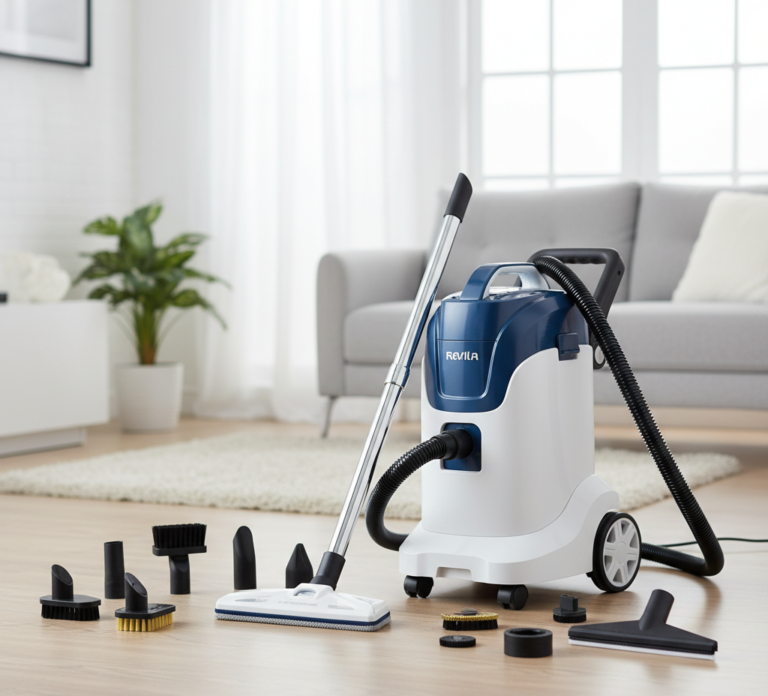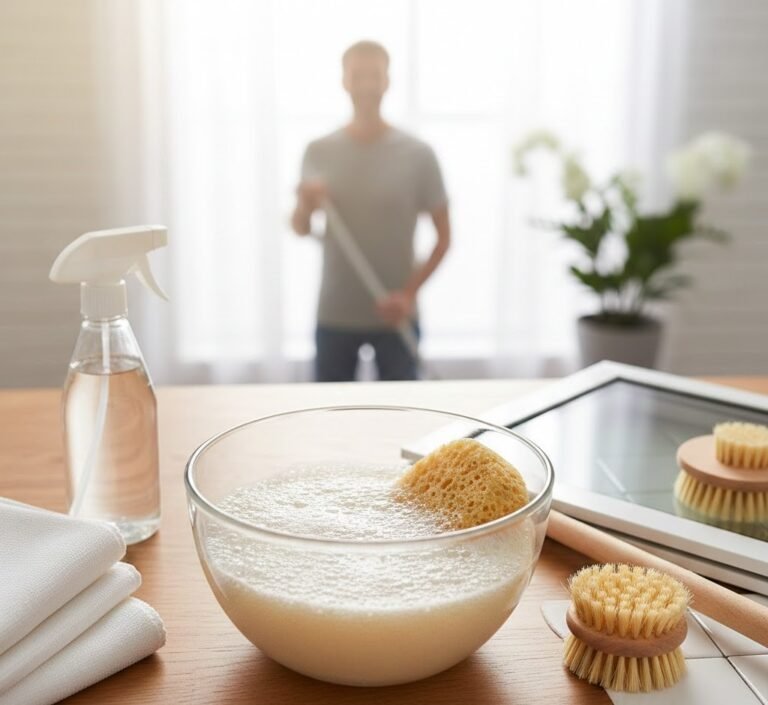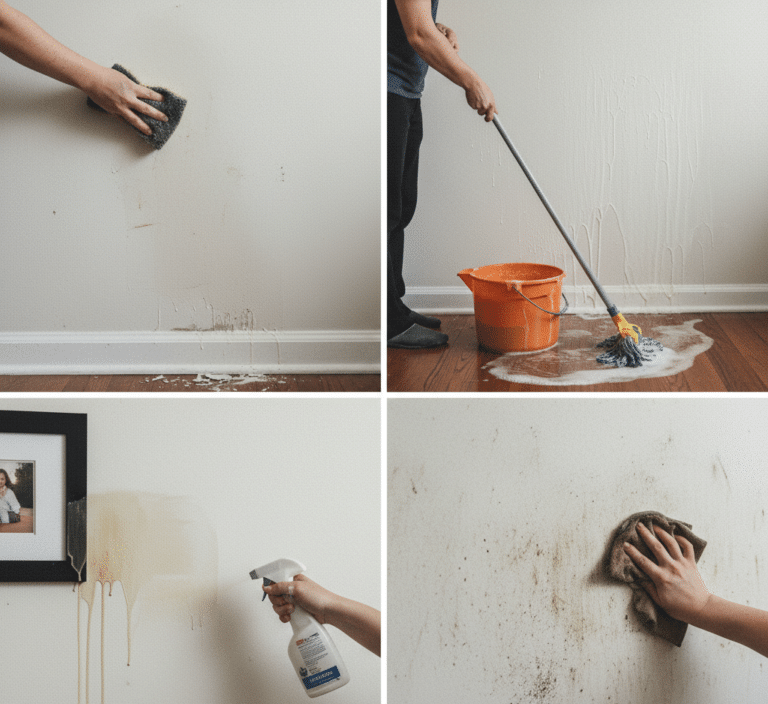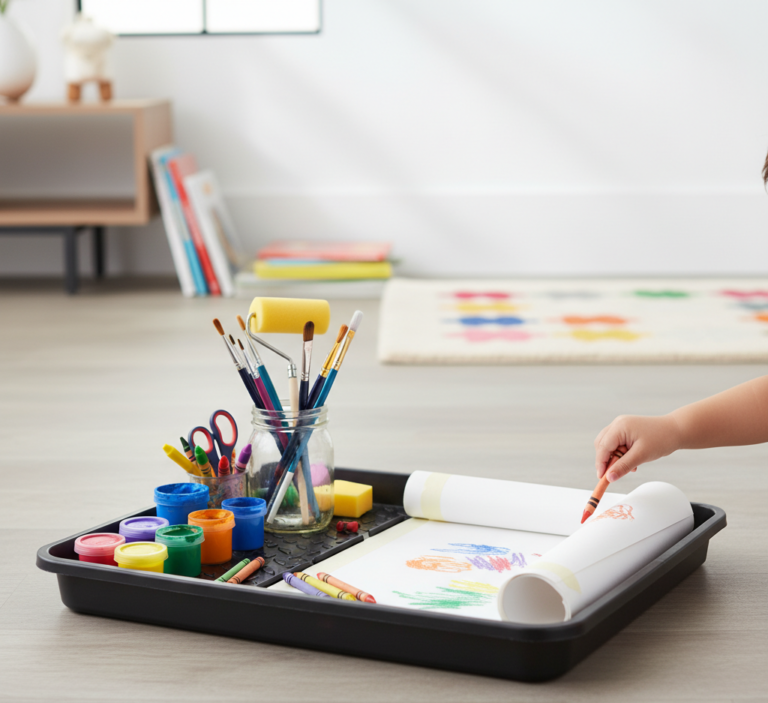Keeping a tidy home can be a daunting task, especially when you have a busy schedule. But fear not! A well-organized cleaning schedule can help you manage your chores without feeling overwhelmed. Here are five tips to create a weekly cleaning schedule that will keep your home sparkling clean and your mind at ease.
1. Assess Your Cleaning Needs
Before diving into creating a cleaning schedule, take a moment to assess what needs to be cleaned in your home. This crucial first step sets the foundation for an effective and manageable routine. Start by walking through each room of your house and noting the areas that require regular attention. Your kitchen, for example, is likely a high-traffic area that needs daily upkeep due to frequent cooking and eating activities. Similarly, bathrooms often demand more frequent cleaning because they are used multiple times a day by everyone in the household.
Next, consider spaces like the living room and bedrooms. While these areas might not need daily deep cleaning, they still benefit from regular tidying and occasional thorough cleaning to maintain a comfortable and welcoming environment. Hallways and entryways, often overlooked, are also essential to include in your cleaning schedule as they are the first places guests see when they enter your home. Keeping these areas clean sets a positive tone for the rest of the house.
Identifying high-traffic areas that need more frequent cleaning and less-used spaces that can be tackled less often is a key aspect of this assessment. For instance, while your kitchen and bathrooms might need daily or every-other-day attention, rooms like the guest bedroom or storage areas can be scheduled for a more infrequent, monthly cleaning. This initial assessment helps you allocate your time and resources more efficiently, ensuring that no area of your home is neglected while also preventing you from feeling overwhelmed by your cleaning tasks.
2. Divide Tasks by Frequency
Not all cleaning tasks need to be done every day, and understanding this can save you a lot of time and stress. Dividing tasks by frequency ensures that you cover all necessary cleaning duties without spending your entire day cleaning. This approach helps in creating a balanced cleaning schedule that keeps your home clean and orderly, while also allowing you time for other important activities and relaxation.
Daily tasks typically include those essential chores that keep your home looking and feeling tidy on a day-to-day basis. This might involve doing the dishes, wiping down countertops, and tidying up common areas like the living room and kitchen. These daily activities help maintain a basic level of cleanliness and prevent dirt and clutter from building up, making your weekly cleaning tasks much easier to manage.
Weekly tasks are those that need to be done regularly but not necessarily every day. This could include vacuuming, mopping floors, cleaning bathrooms, and dusting surfaces. These chores ensure that deeper levels of cleanliness are maintained throughout your home. By tackling these tasks once a week, you can prevent grime and dust from accumulating, which keeps your living environment healthier and more pleasant.
Finally, some tasks can be scheduled on a monthly basis. These might include cleaning windows, washing bedding, and organizing closets. By handling these less frequent chores monthly, you ensure that every part of your home gets the attention it needs without overwhelming your weekly cleaning schedule.

3. Set Realistic Goals
One of the biggest pitfalls of creating a cleaning schedule is setting unrealistic goals. It’s easy to get overly ambitious when you’re motivated to start fresh, but this often leads to frustration and burnout. To create a sustainable and effective cleaning schedule, you must be honest about how much time you can realistically dedicate to cleaning each day. If your mornings are usually hectic, and you only have about 15 minutes before heading out the door, don’t overburden yourself with tasks that require more time. Similarly, if your evenings are the only time you can clean, allocate your tasks accordingly.
Setting small, achievable goals for each day is essential for maintaining momentum and avoiding feelings of being overwhelmed. For example, you might designate Monday as the day for tackling the kitchen, focusing on tasks such as cleaning the countertops, wiping down appliances, and mopping the floor. By concentrating on one room or a specific set of tasks each day, you can manage your time more effectively and make the process less daunting. Tuesday could then be reserved for cleaning the bathrooms, including scrubbing the shower, wiping down mirrors, and sanitizing the toilet. This way, you break down your cleaning schedule into manageable chunks, making it more approachable and less intimidating.
Moreover, setting realistic goals ensures that you don’t overcommit yourself and can maintain consistency in your cleaning routine. It’s better to achieve small goals regularly than to set large, unattainable goals that you can’t keep up with. This approach not only keeps your home cleaner on a regular basis but also helps you build a habit of consistent cleaning. Over time, these small daily efforts add up, leading to a more organized and spotless home without overwhelming yourself.
4. Create a Flexible Schedule
Life is unpredictable, and sometimes your planned cleaning tasks might not get done. That’s okay! It’s essential to create a cleaning schedule that is flexible and can accommodate the unexpected changes that inevitably arise. If you miss a day due to a busy work schedule or an unforeseen event, don’t stress about it. The key is to be adaptable and understand that it’s perfectly fine to adjust your schedule as needed. Flexibility in your cleaning schedule allows you to maintain consistency without the added pressure of sticking to a rigid plan.
A flexible cleaning schedule also means having the ability to shift tasks around without feeling guilty or overwhelmed. For instance, if you planned to vacuum on Wednesday but couldn’t get to it, simply move that task to Thursday or another day that works better for you. This approach helps to alleviate the pressure of missing a scheduled cleaning session and ensures that your home remains clean and organized without compromising your well-being. Remember, the goal of a cleaning schedule is to make your life easier, not to add unnecessary stress.
To keep track of your flexible cleaning schedule, consider using a planner or a digital calendar. These tools can help you organize your tasks efficiently and allow you to easily reschedule them when needed. With a digital calendar, you can set reminders and adjust tasks with a simple drag-and-drop feature, making it easier to stay on top of your cleaning duties even when life gets hectic. This level of organization helps you maintain a clear overview of what needs to be done, ensuring that no task is forgotten and that your home stays clean and welcoming.

5. Involve the Whole Family
Cleaning doesn’t have to be a solo endeavor. Involving your family or housemates in the cleaning schedule can make a significant difference in how quickly and efficiently tasks get done. Assigning specific tasks to each member not only shares the workload but also fosters a sense of responsibility and teamwork within the household. When everyone has a clear role in the cleaning process, it helps to distribute the effort evenly, making the overall task of maintaining a clean home much less daunting for any one person.
Involving the whole family in the cleaning schedule also has long-term benefits, especially for children. It teaches them valuable life skills such as organization, time management, and the importance of maintaining a clean living environment. By participating in the household chores, children learn to take pride in their home and develop a better understanding of the effort required to keep it tidy. This collective approach to cleaning instills a sense of accountability and cooperation, making everyone more invested in the cleanliness and upkeep of their shared space.
To effectively manage this collective effort, create a chore chart and place it in a common area where everyone can see it. This visual reminder helps ensure that each person knows their responsibilities and stays on track. A well-organized chore chart can be a powerful tool in maintaining consistency within your cleaning schedule. You can design it to rotate tasks weekly or monthly, ensuring that no one feels stuck with the same chores all the time. This rotation keeps the cleaning process fresh and fair, motivating everyone to contribute their best effort.
Creating a Cleaning Schedule With Easy!
A well-planned cleaning schedule can transform your home maintenance routine from chaotic to calm. By assessing your needs, dividing tasks by frequency, setting realistic goals, creating a flexible schedule, and involving your family, you’ll find it much easier to keep your home clean and organized. These strategies not only make cleaning more manageable but also ensure that every part of your home gets the attention it deserves. The process becomes less overwhelming and more of a routine that fits seamlessly into your daily life.
Moreover, implementing a structured cleaning schedule helps in maintaining consistency and order in your household. When everyone knows their roles and responsibilities, cleaning becomes a collective effort rather than a burdensome task for one person. This approach not only saves time but also fosters a sense of teamwork and accountability among family members. By breaking down tasks into daily, weekly, and monthly chores, you can ensure that your home remains in top condition without anyone feeling overburdened.
However, life can sometimes get too busy, and even the best-laid cleaning schedules can fall by the wayside. During such times, professional cleaning services like Toronto Shine Cleaning can be a lifesaver. Their expert team can step in to ensure your home stays spotless, allowing you to focus on other important aspects of your life. Whether you need regular maintenance, a deep clean, or assistance with a specific event, Toronto Shine Cleaning offers a range of services tailored to meet your needs.




















